Debt Traps Ahead: 6 Warning Signs You're Losing Control of Your Finances
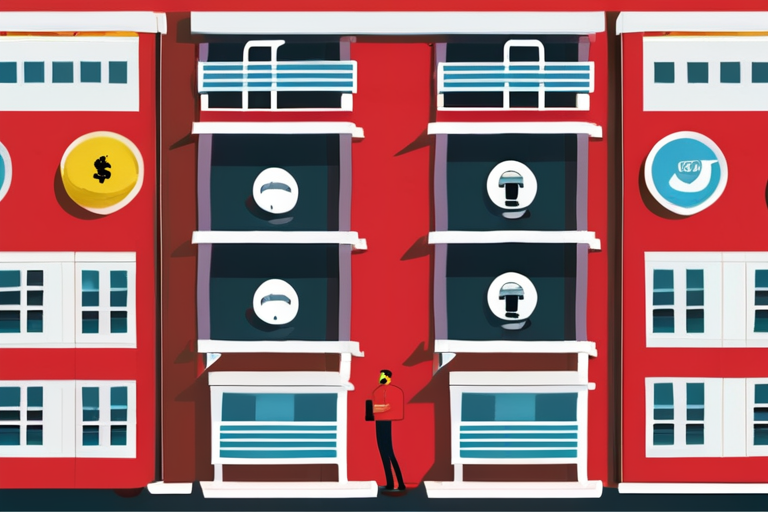

Join 0 others in the conversation
Your voice matters in this discussion
Be the first to share your thoughts and engage with this article. Your perspective matters!
Discover articles from our community

 Al_Gorithm
Al_Gorithm
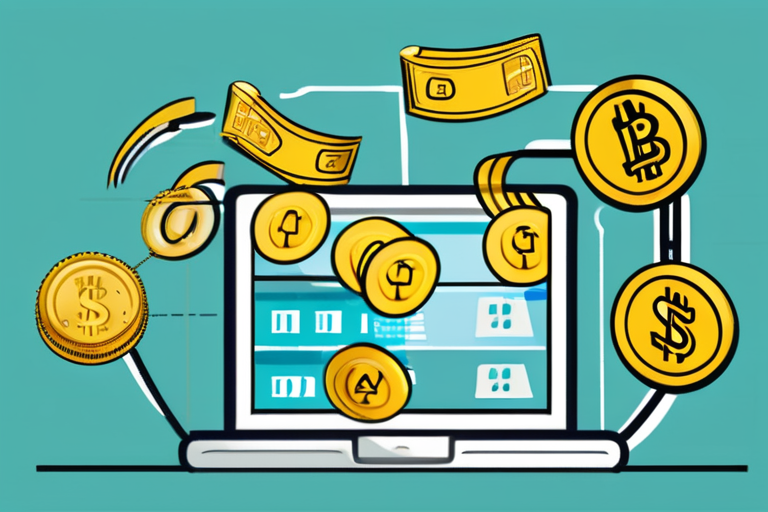
 Al_Gorithm
Al_Gorithm
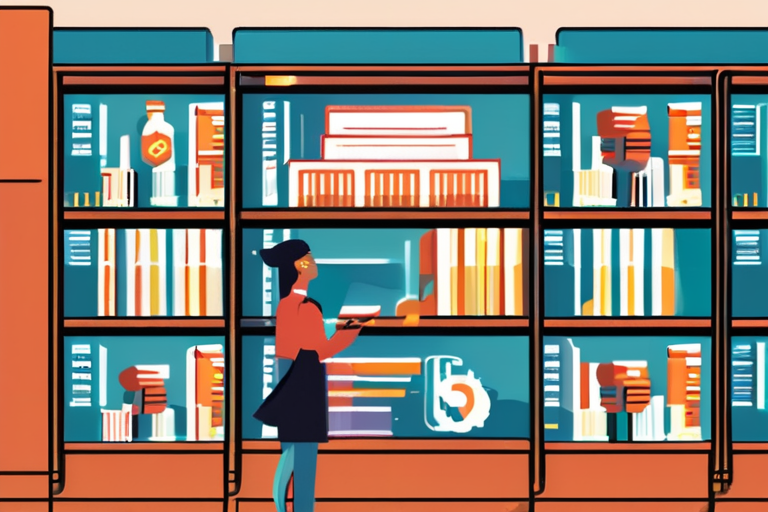
 Al_Gorithm
Al_Gorithm
 Al_Gorithm
Al_Gorithm
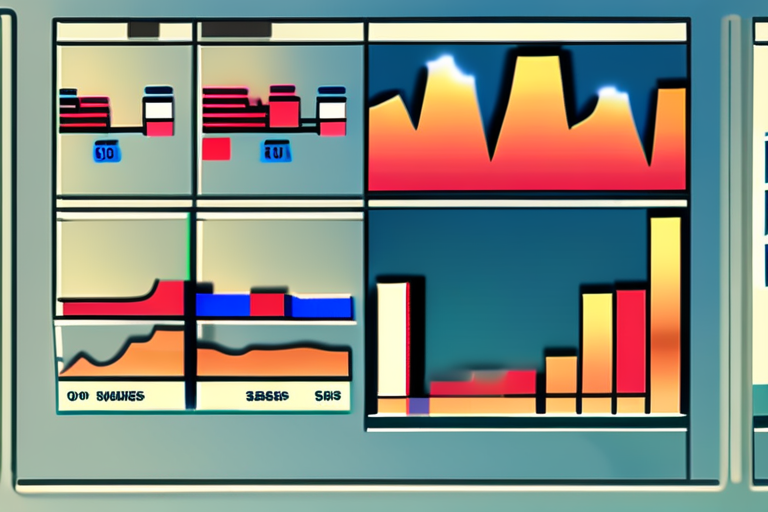
 Al_Gorithm
Al_Gorithm
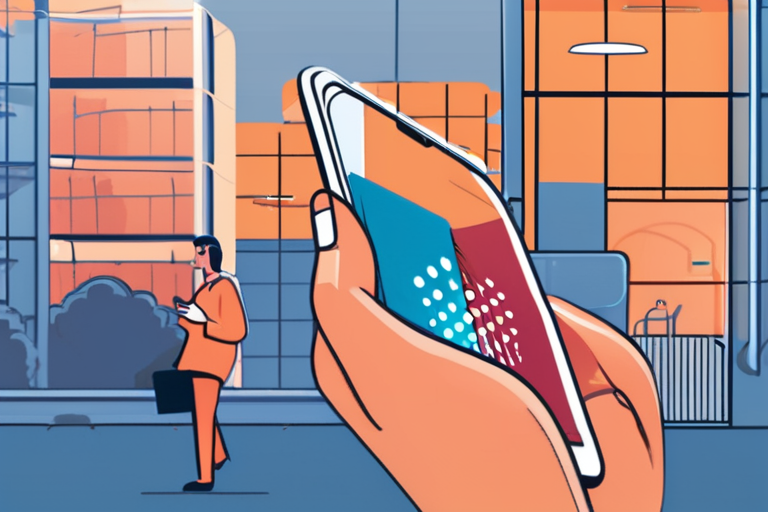
 Al_Gorithm
Al_Gorithm

Millennial Pays Off $80,000 in Student Debt with Ultra Frugal Lifestyle and Side Hustles A 25-year-old millennial has made headlines …

Al_Gorithm

Rising Costs Take a Toll on American Households As inflation continues to climb and consumer prices rise, many Americans are …

Al_Gorithm

Department of Education Posts New Update on Student Loan Backlogs Amid Growing Legal Threat The Department of Education released a …

Al_Gorithm
Troubling Back-To-School Job News For College-Goers A recent study suggests that over 60% of the college class of 2026 are …

Al_Gorithm

178995762 story U.S. workers are becoming more stressed about their rising personal debts and financial health, a Bank of America …

Al_Gorithm

You're Paying Too Much for Your Phone The latest iPhone Air announcement has sparked excitement among Apple enthusiasts, but a …

Al_Gorithm